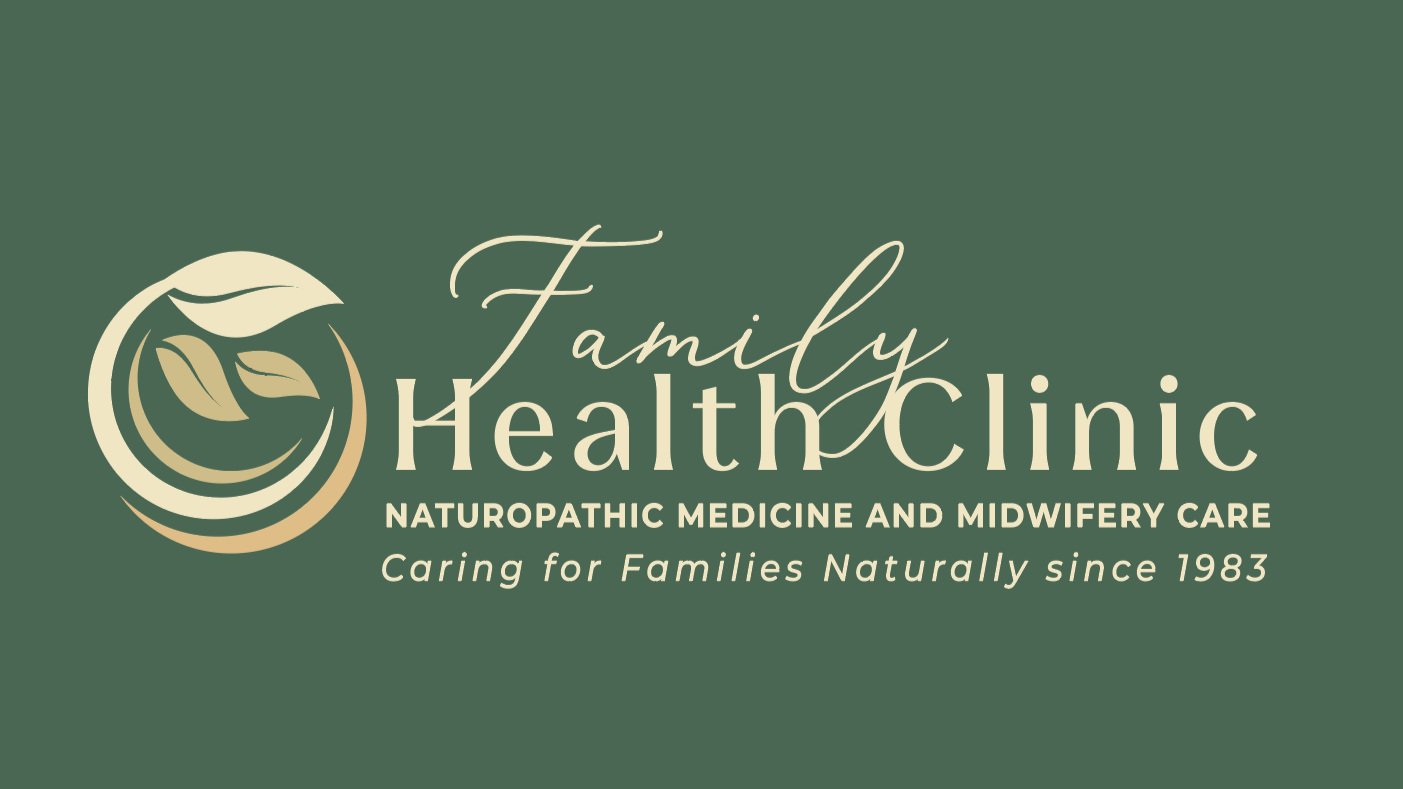“Let food be thy medicine and medicine be thy food”
— Hippocrates, father of medicine, 431 B.C.
DASH is an acronym for Dietary Approaches to Stop Hypertension - the DASH diet is healthy eating that's designed to help treat or prevent high blood pressure (hypertension). The DASH Diet Overview (click button below) is a short HealthiNation video on the DASH Diet principles. By following the DASH diet, you may be able to reduce your blood pressure by a few points in just two weeks. Over time, your systolic blood pressure could drop by eight to 14 points, which can make a significant difference in your health risks. Because the DASH diet is a healthy way of eating, it offers health benefits besides just lowering blood pressure. The DASH diet is also in line with dietary recommendations that can help prevent heart disease, stroke, diabetes, osteoporosis and cancer.
"Build a Healthier Brain - with Fat!" is a link to a very interesting article on the benefits of fats, particularly Omega 3.
Protein is vital to a balanced diet. Here is a link to two short HealthiNation videos on Ten Protein Packed Foods, and another short video for five simple, healthy, ideas for High Protein Snacks.
Sea Vegetables: What are they and what can I do with them?
Sea Vegetables is the term used to collectively describe different species of edible marine algae and seaweed that grow in either fresh or salt water. And just like land grown vegetables, sea vegetables come in a variety of colours and kinds but because of their unique nutritional composition they have different health benefits. Sea vegetables are a very good food source of nutrients which include protein, dietary fibre, vitamins, trace minerals (especially Iodine), protective antioxidants, chlorophyll, as well as being some of the most detoxifying and alkalinizing foods on the planet. Some varieties of sea vegetables (i.e. wakame and red seaweeds) even contain beneficial Omega-3 fats. Sea vegetables are extremely versatile and can be easily incorporated into many dishes such as soups, salads, stir-fry and also with snacks. The names of some commonly eaten sea vegetables include alaria, arame, dulse, hijiki, kelp, kombu, nori, ulva (aka sea lettuce) and wakame.
Besides their health benefits, there are two factors someone needs to consider with the use of certain types of sea vegetables. The first factor to be aware of is using too much whole Brown algae (specifically laminaria spp. such as kelp or kombu) could potentially provide a dietary iodine intake greater than 1100mcg Iodine per day (the provisional upper intake level for adults in the US). The type of seaweed and location in which it was grown can alter the iodine content but if taken in excess, Iodine may adversely affect thyroid function and possibly cause goiter, hypothyroidism or Iodine-induced hyperthyroidism - although thyroid dysfunction usually returns to normal once iodine consumption is stopped. Consequently, just to be safe it is not recommended to eat high iodine containing whole kelp or kombu seaweed every day - but rather limit to 3 servings per week to avoid this potential issue. Fortunately, all the other varieties of seaweed (that do not contain such potentially high levels of iodine) do not have this restriction. The daily consumption of up to four (4) grams of a variety of dehydrated seaweeds should not pose a risk to the health of most adults.
The second factor to consider is is that algae and seaweed are able to concentrate not only desirable minerals but also pollutants such as arsenic, aluminum or other undesirable toxic metal contaminants (mercury, lead and cadmium) if these pollutants are found in the waters where the sea vegetables are grown/harvested. Hijiki seems to be especially affected with arsenic more than other varieties. So, we recommend when including sea vegetables in your diet look for those that are a). minimally processed; b). dried without additives or preservatives; and c). harvested from known clean water sources; - or go even one step better - purchase and eat only “certified organic” sea vegetables. which will be certified to not contain the contaminates of concern.
To see a thorough, detailed primer on the various names, types, common uses and benefits of Sea Vegetables, click here.


